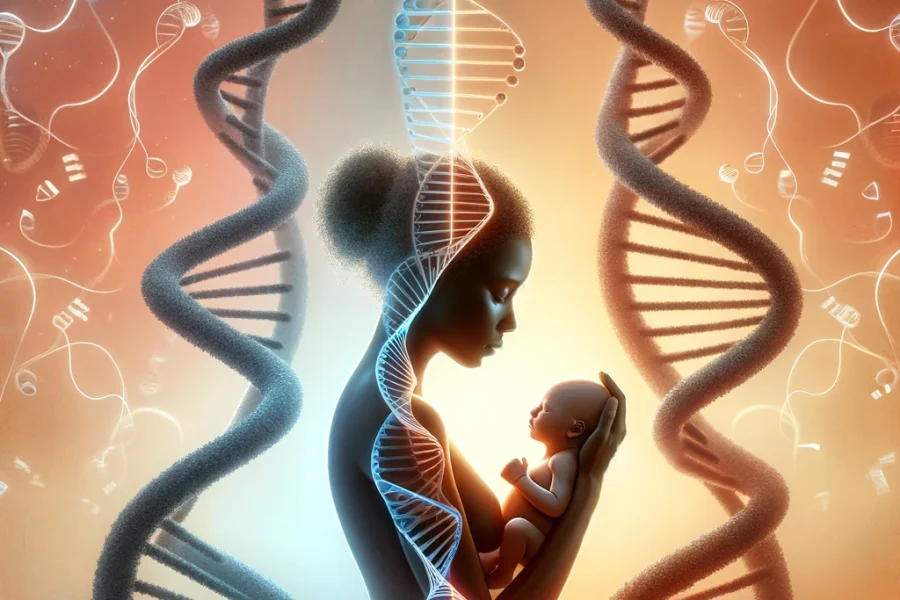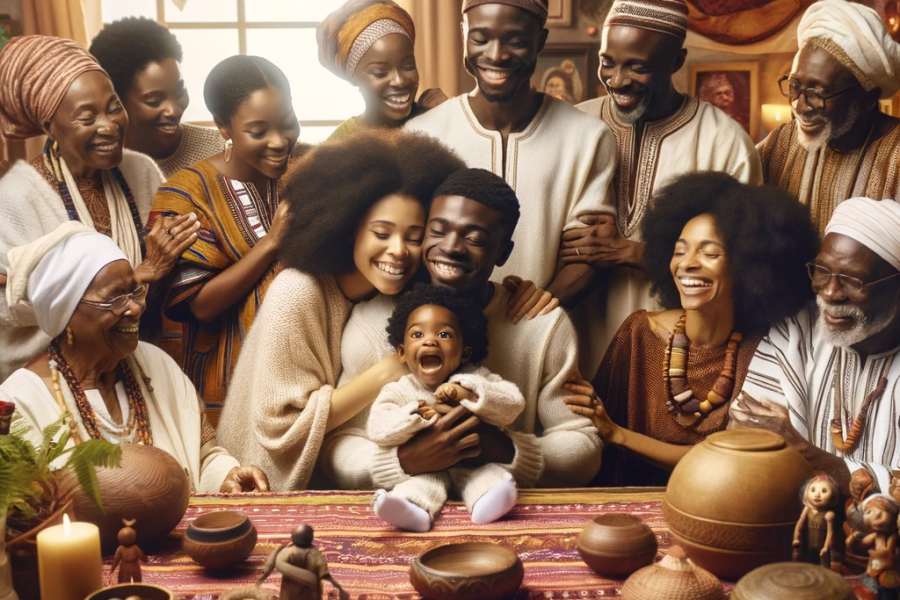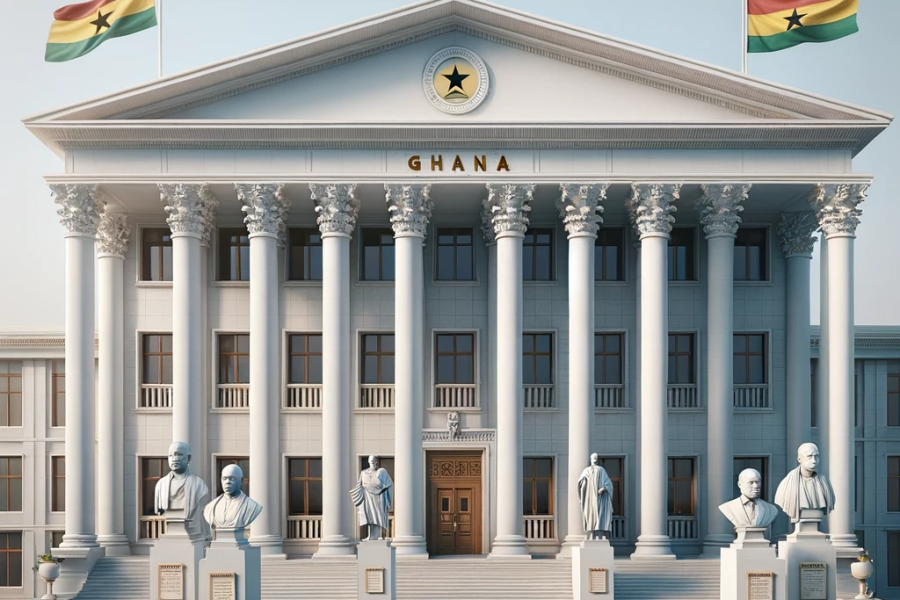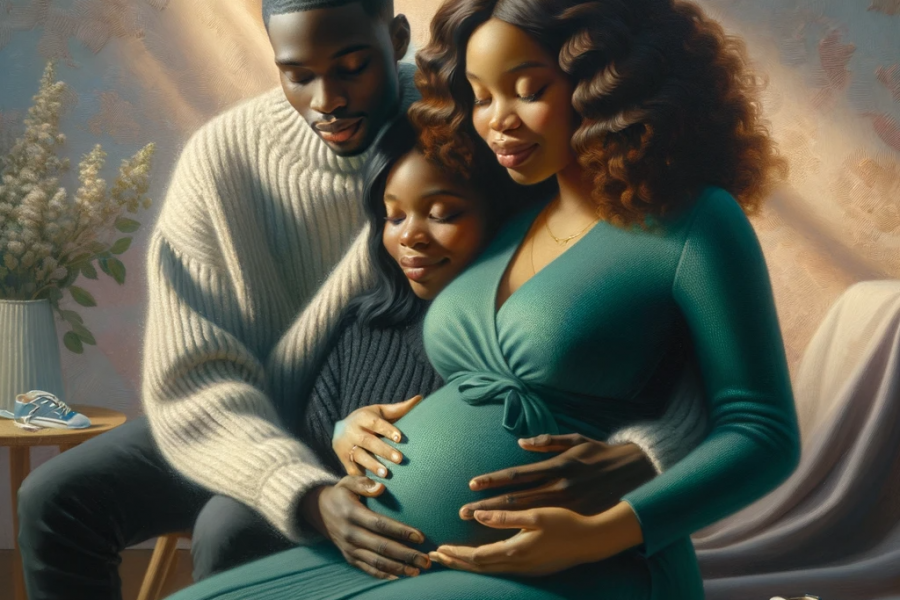[php_everywhere]
Family law in Ghana is deeply intertwined with the principles laid out in the Constitution of the Fourth Republic of Ghana, established in 1992. The constitution, serving as the supreme law of the land, sets the foundation for the legal framework within which family law operates, ensuring that fundamental human rights are upheld in familial contexts. This article explores how the constitution impacts family law, focusing on the protection of fundamental human rights in family matters.
The Constitutional Foundation
The Constitution of the Fourth Republic of Ghana, promulgated in 1992, establishes the legal framework that governs all laws and regulations in Ghana. It guarantees fundamental human rights and freedoms, ensuring equality, respect for human dignity, and the protection of personal liberty. These constitutional guarantees provide a backdrop against which family law operates, influencing legislation.
Equality and Non-Discrimination in Family Law
One of the key constitutional principles impacting family law is the commitment to equality and non-discrimination. The constitution prohibits discrimination on the grounds of gender, race, color, ethnic origin, religion, creed, or social or economic status. In family law, this principle ensures equal rights and obligations in marriage regardless of gender and seeks to prevent discriminatory practices in matters such as inheritance, divorce, and child custody.
Right to Marry and Found a Family
The constitution upholds the right of individuals to marry and found a family. This is reflected in the Marriages Act, which outlines the legal requirements and types of marriages recognized in Ghana. The act protects the freedom to marry and the recognition of various forms of marriage, be it customary, religious, or civil, in line with constitutional freedoms.
Child Rights and Welfare
The Children’s Act, aligned with the constitution, emphasizes the rights and welfare of children. It upholds principles such as the best interests of the child in matters of custody, adoption, and welfare. The constitutional provision for the protection of children’s rights is a guiding force behind this legislation, ensuring that children’s interests are paramount in family law disputes.
Property Rights in Marital Relationships
The constitution’s emphasis on the right to acquire and own property equally regardless of gender has significant implications for family law, particularly in the context of property rights within marriage and upon dissolution. The Matrimonial Causes Act and the Intestate Succession Law are influenced by this principle, ensuring equitable distribution of marital property upon divorce and fair inheritance practices.
Protection from Domestic Violence
The constitution’s commitment to the dignity and safety of all persons has led to laws that protect individuals from domestic violence within family settings. Legislation addressing family violence, child abuse, and marital rape is underpinned by constitutional protections, ensuring that family law provides recourse for victims and holds perpetrators accountable.
In conclusion, the Constitution of the Fourth Republic of Ghana significantly shapes family law, embedding fundamental human rights within the heart of family relationships. By upholding principles of equality, non-discrimination, and the protection of vulnerable members like children, the constitution ensures that family law in Ghana not only regulates familial relationships but also safeguards the rights and dignity of all family members. As Ghana continues to evolve, so too will its family law, always with the constitution as its guiding light.
Disclaimer: The information you obtain from this article is not, nor is it intended to be, legal advice. You should consult a lawyer for advice regarding your individual situation. Contacting us or viewing this blog does not create lawyer-client relationship.










